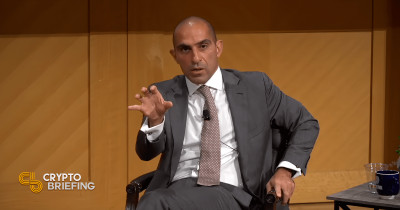A federal judge has ordered William Koo Ichioka, to pay over $36 million in restitution and fines for his involvement in a fraudulent forex and digital asset scheme, according to an announcement by the Commodity Futures Trading Commission (CFTC).
Ichioka is notorious for orchestrating a large-scale fraud, defrauding over 100 investors out of tens of millions of dollars through trading in cryptocurrencies, securities, and other investment vehicles.
The order was issued on Sept. 19 by Judge Vince Chhabria of the U.S. District Court for the Northern District of California. Ichioka is required to pay $31 million in restitution to victims and an additional $5 million in civil monetary penalties.
The fraud, which began in 2018, involved Ichioka soliciting investment funds under false promises of a 10% return every 30 business days. While some funds were invested in forex and digital asset commodities, Ichioka commingled the money with his personal finances.
He used the funds for personal expenses, including luxury items such as jewelry, watches, and luxury vehicles. To conceal his activities, Ichioka provided investors with falsified financial documents and account statements.
In August 2023, Ichioka was banned from trading in any CFTC-regulated markets and prohibited from registering with the CFTC following a permanent injunction by the court.
Additionally, Ichioka faced parallel criminal charges from the Department of Justice, where he pled guilty to multiple counts of fraud and was sentenced to 48 months in prison. He was also ordered to pay $31 million in restitution and a $5 million fine, in addition to 5 years of supervised release.
The CFTC emphasized the importance of verifying the registration of individuals or companies offering financial services and warned the public of common fraud signs in its Commodity Pool Fraud and Forex Fraud advisories. Whistleblowers who report violations may be eligible to receive 10 to 30 percent of monetary sanctions collected.
 cryptobriefing.com
cryptobriefing.com
